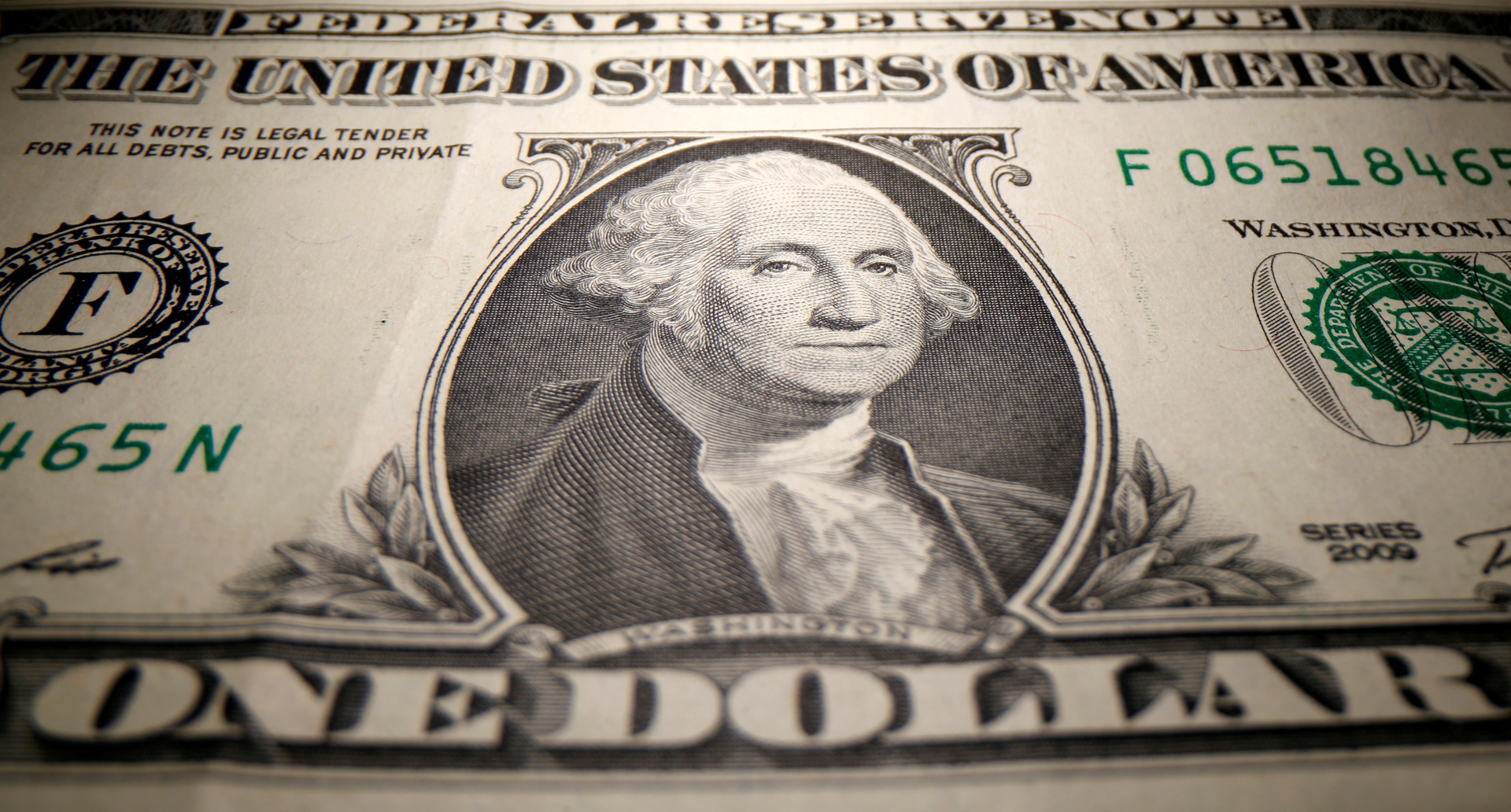On Monday, August 23, came into force the decision of the International Monetary Fund (IMF) on the distribution of special drawing rights (SDR) among the member countries of the organization in the amount of about $ 650 billion. The corresponding decision at the beginning of the month was approved by the IMF Board of Governors.
According to the managing director of the fund, Kristalina Georgieva, the distribution of funds will be the largest in the history of the organization.
It is assumed that the initiative will help replenish international reserves and stimulate the global economy "during an unprecedented crisis."
“Allocating SDRs will serve the benefit of all member states, help meet long-term global reserve requirements, build confidence and contribute to the resilience and stability of the global economy.
It will especially help our most vulnerable member states struggling to cope with the aftermath of the COVID-19 crisis, ”explained Georgieva.
Note that SDR is an international settlement asset that can be converted by IMF member countries into reserve currencies.
The SDR value changes daily and is tied to a basket of major currencies that are used in the most important trading and financial transactions.
We are talking about the US dollar, euro, yuan, Japanese yen and pound sterling.
Since the inception of the SDR (1969), funds have been allocated four times.
The last time the fund's board of managers made such a decision was back in 2009 against the backdrop of the global financial crisis.
When allocating SDRs, the IMF provides funds to countries in proportion to their quota shares in the fund.
This is an indicator that reflects the relative position of the state in the world economy.
So, for example, in the United States it is 17.43%, Japan - 6.47%, China - 6.4%, Germany - 5.59%, Great Britain - 4.23%, and Russia - 2.71%.
States can send funds from the International Monetary Fund to reserves or use at their own discretion.
Artyom Deev, head of the analytical department of AMarkets, spoke about this in an interview with RT.
© REUTERS / Dado Ruvic
“That is, this is not a tranche that the country receives in the form of money.
It is a form of funds that countries can buy, sell, or lend.
The state can convert these borrowing rights: exchange for currency or receive financing from the IMF within the designated quota, "Deev explained.
As part of the distribution, Russia received from the IMF access to borrowing rights totaling about $ 18 billion. According to Artyom Deev, Moscow is likely to exchange SDR for foreign currency and use it to replenish its reserves.
In the future, these funds can be used to restore the country's economy from the consequences of the coronavirus, the specialist said.
Meanwhile, today Russia does not have an urgent need to receive money from the IMF.
This point of view in an interview with RT was expressed by Georgy Ostapkovich, director of the Center for Market Research at the Institute for Statistical Studies and Economics of Knowledge at the Higher School of Economics.
The expert explained his position by the high macroeconomic stability of Russia.
“Special borrowing rights are, in fact, a loan that is given at a very low interest rate.
Of course, it is very important for the IMF that someone took this loan from them, because you still have to pay back with interest.
Russia, in turn, does not need it now.
The sum of our gold and foreign exchange reserves is about $ 600 billion, the volume of the National Wealth Fund is about 13 trillion rubles, and the national debt is only 17% of GDP.
We are quite capable of subsisting on our resources, ”explained the economist.
According to the IMF decision, developing countries, including low-income countries, will receive about $ 275 billion from the new SDR allocation.
At the same time, the fund itself calls for the redistribution of funds received from wealthier countries in favor of those in need.
“We will also continue to actively work with our member states to find acceptable ways of voluntarily transferring SDRs from richer members to poorer and more vulnerable member countries to help them recover from the pandemic and achieve stable and sustainable growth.” said Kristalina Georgiva.
The corresponding decision on the redistribution of money can, in particular, be made by Russia.
Natalya Milchakova, deputy head of the Alpari information and analytical center, spoke about this in an interview with RT.
“Russia approved this issue together with everyone, so that even countries that do not need emergency financial assistance from the IMF always have the funds at hand to help those who ask for it. In our case, it can be, for example, Belarus or another country that is a member of the Eurasian Economic Union, ”Milchakova explained.

